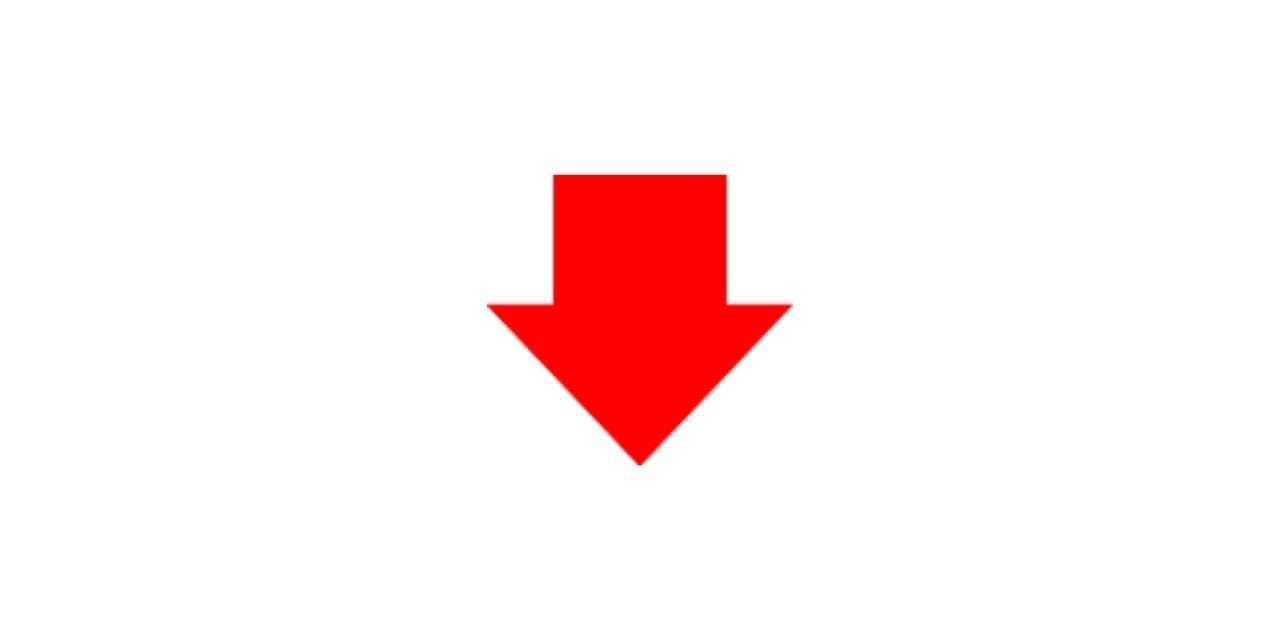The government’s decision to prolong a key textile export promotion plan through March 31, 2024 has thrilled trade groups, but industry insiders believe further incentives are required because the policy has not been able to stop India’s clothing shipments from declining even before the epidemic.
On July 14, the Cabinet resolved to prolong the Rebate of State and Central Taxes and Levies (RoSCTL) scheme. Garment production is the most important component of textiles, which is the most important private sector employment provider in India. According to industry experts, the sector’s difficulties and the degree of damage firms have taken since 2017 should have assured that benefits increased.
In 2020, India would export $12 billion in clothing, surpassing close competitors Vietnam ($27 billion), Bangladesh ($35.8 billion), and Cambodia ($7.3 billion). According to industry insiders, the sector has faced a host of ongoing problems in recent years. According to a functionary of industry group Ficc, India’s industry took longer than others to conform to the Goods and Services Tax regime.
The government has announced a single action for the whole sector, extending the Rebate of State and Central Taxes and Levies (RoSCTL) programme. The move comes in the aftermath of the COVID-19 crisis that struck India in late 2018, with several new manufacturing facilities opening in free market zones in the UAE. Exporters claim that demand from important importers, notably the UAE, had dropped precipitously prior to the crisis.
It accomplishes so, however, while waiving all embedded state and federal taxes on paid inputs. This comprises, among other things, VAT on gasoline, mandi tax, electricity charge, and stamp duty on all export paperwork. “The extension of RoSCTL benefits, combined with free trade agreements with the United States, the United Kingdom, the European Union, Australia, and Canada, among others, would be a game changer for the Indian apparel and made-ups sectors, allowing the sector to reclaim its rightful share of global trade,” Sakthivel said.

